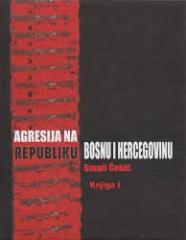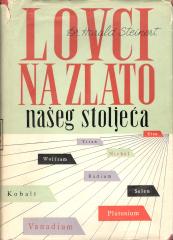
Kritika srpskog uma
The book's starting point is that the Serbs were not only caught up in the Enlightenment later than its European foray in the 18th century, but they resisted it even when it caught up with them. In the Balkans, history followed different paths, had differ
On the one hand, Milić analyzes the motives of Kant's criticism, showing that "criticism" in Kant means "justification", that is, under what conditions reason and mind are legitimately used. Illegitimate, for example, is the use of the mind that does not know its own limits, as in the Holocaust, for example, where the Nazis tried to justify the extermination of the Jews with (false) rational arguments. Where, therefore, the mind is unable to recognize and set limits for itself, to establish itself, where the mind does not recognize the laws (constitutions) that it has established for the benefit of the entire community, disaster inevitably follows. On the other hand, analyzing the history of Serbia, Milić shows what was happening in Serbia at a time when, in Europe, spears were breaking for the rule of reason (law), that is, when the ideas of enlightenment, despite all obstacles, stabilized. Milić's analysis of history, however, does not go in large waves, but focuses on important bearers of modern ideas (like Dositej Obradović or Božo Grujović), that is, on the fiercest opponents of modernization projects (like Nikolaj Velimirović), in order to show, in small steps, why Serbia never accepted the ideas of the Enlightenment, why it fell off the European track and remained on secondary historical paths. In other words, Serbia has never in its history been able to adopt criticism - in every sense of the term - nor to institutionalize it as a necessary prerequisite for a healthy common life.
One copy is available





